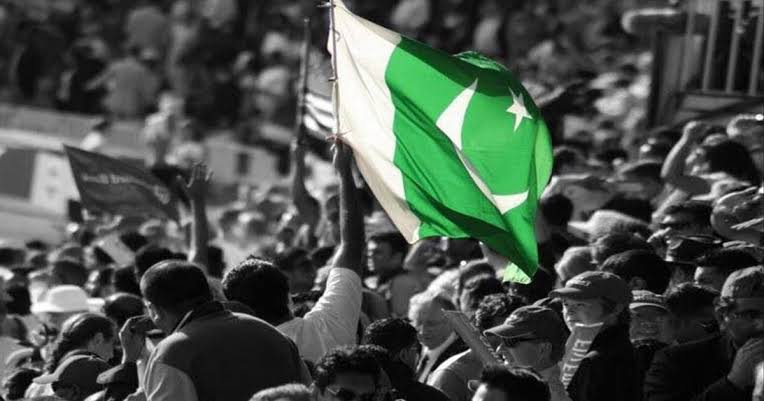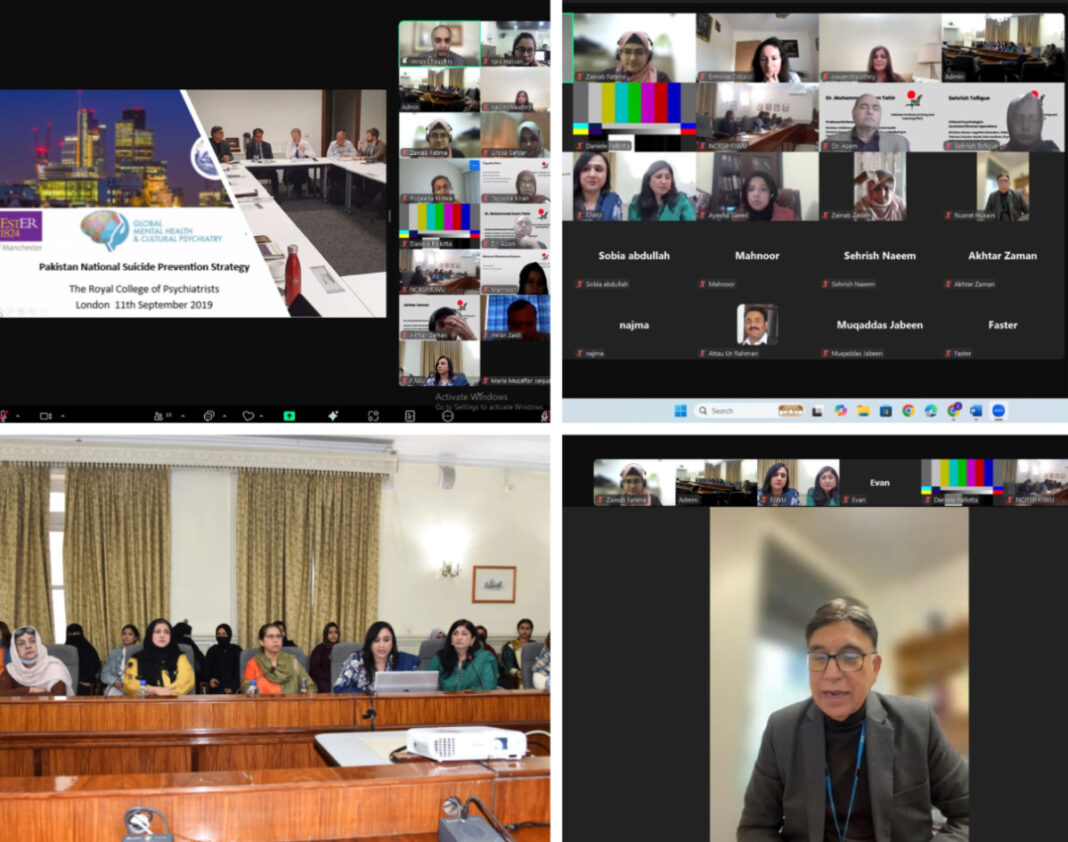NEWS DESK
ISLAMABAD: PILDAT, in its annual review of state of democracy in Pakistan, has outlined critical challenges to democratic health of Pakistan in 2024. As democracy around the world faced crises, Pakistan’s democracy also remained under significant strain.
Pakistan’s democracy has seldom got a breather in the past decade. 2024 has been no exception. Except that if at all it was possible, democracy has been pummelled further. By an all too familiar scenario, another alliance of politicians with the all-powerful establishment came about, either under extraordinary pressure to address the most serious economic crisis of its history or because of the politicians’ eagerness for crumbs of power. This was achieved through a constitutional, legal and administrative onslaught by holding of a managed election, curbing powers of the Judiciary, muzzling of the Parliament, continuing increase in incarceration of opposition and thwarting and rolling back rights of citizens – all to further centralise decision-making.
PILDAT’s report Quality of Democracy inPakistan 2024 highlights following key issues whichimpacted democracy in Pakistan in 2024:
1. The 12th General Election held in February 2024 after a considerable delay was a largely flawed exercise that served to fracture popular mandate and to provide citizens only with a modicum of political and electoral choice.
2. Apparently to safeguard its razor-thin majority in the Parliament, the federal government embarked on a mission to restructure higher judiciary. 26thAmendment to the Constitution of Pakistaneffectively changed appointment process for leadership in higher judiciary and bifurcated the judiciary in two branches dealing with constitutional and other matters. Thanks to the resistance offered by JUIP’s Maulana Fazal Ur Rehman, the sharp edge of the proposed amendment was blunted to some extent.
3. Parliament also hurriedly passed amendments to the acts governing three defence services to extend service tenures of respective services chiefs from existing three (3) to five (5) years. This is the first time in the history of the country that such a term increase has been legally introduced without a martial law in place and during peace time.
4. Pakistan’s leading political parties have continued to display a sad and familiar proclivity to assist the establishment against a political opponent of the time in return for short-term selfish political gains. Such a regular political pattern has found parties reaping politico-electoral benefits at a steep cost of weakening of democracy and democratic governance in Pakistan. The current political set-up emerged through 12th GE in the centre and provinces is no different.
5. To manage and silence political dissent, the current set-up has stepped up efforts to manage the use of internet and social media platforms by blocking certain applications and controlling the flow of communication through others.
6. With growing centralization of decision-making significantly influenced by the establishment, a key conundrum facing citizens is how to communicate their valid concerns against this role without compromising the sanctity and status of the military, which should be a red line for each citizen. However, despite the continuing sane advice to withdraw from politics – not just to focus on their primary task of defence and security but also to safeguard their unifying public image from tarnishing – there is no public testimony of acceptance of this advice and roll-back from political role. This remains an urgent clarion call for Pakistan.
7. Against this bleak horizon, the improving economic stability and the stated willingness and initiation for political dialogue between the PTI and the government offer the only silver lining. Despite grandstanding by the government and its backers and tough bargaining and threats of civil disobedience by the PTI, it is our belief that a comprehensive dialogue must be sustained to find politically-negotiated solutions for the country’s dire-needed political and economic stability.
PILDAT’s report stresses the importance of addressing these systemic issues and calls for a renewed commitment to democratic principles by all institutions and stakeholders.








